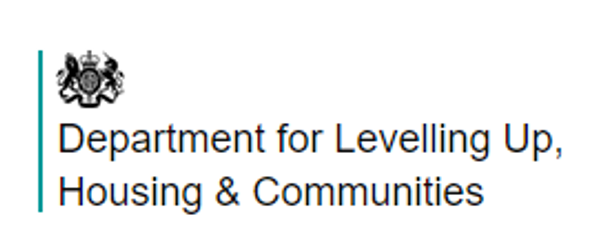Acuity’s recent research indicates that around forty percent of tenants want to communicate with their landlord via email and the internet.
The government has just published its Digital Britain interim report which it describes as ‘a plan to secure Britain’s place at the forefront of the global digital economy’.
One of the targets is that by 2012 every home in Britain will have access to a broadband speed internet connection, and there are various proposals as to how this will be achieved, but it is envisaged that obligations will be placed on internet service providers (ISPs), telecoms companies and the BBC.
Already there are schemes in many local authorities where laptops are provided to school children who do not have access to a computer at home.
What this means is that within three years, housing associations will be able to consider it mainstream to engage with residents using email and the web, in the same way that they currently use letters, leaflets, paper surveys, etc. The internet offers interesting ways of interacting – many community and not-for-profit groups are now making great use of inexpensive (or free) web technology to engage with stakeholders.
Websites based on Wiki or blogging software – such as this one – can be updated by anyone with no need for technical or web-developer skills, and thus we are seeing a proliferation of great, really useful community resources.
There is also a good choice of free online software for running small surveys or polls which integrates neatly with these web-pages and which can be used for consultation, voting or simply to choose the date for a meeting.
This technology could be used to great effect by housing associations to engage with residents in interesting and immediate ways. Obviously in order to do that you need to make sure that you understand what proportion of your residents you are actually engaging with. As long as you are aware of that you can have an alternative strategy for engaging with those who remain digitally excluded.
Using online publishing and consultation methods could save housing associations money, thus creating more resources to invest in engaging with those who are often left out.
Click here to find the full report on the Dept for Culture Media and Sport website.






Comments are closed.